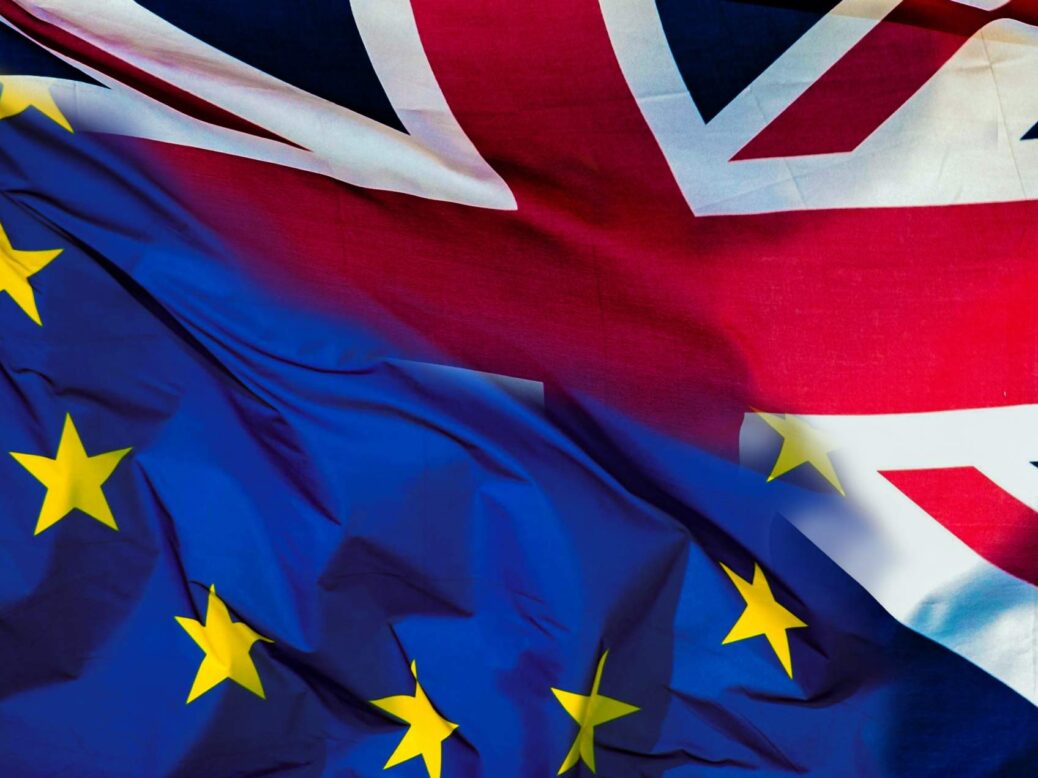
In a pre-Budget forecast economists offer a decidedly gloomy outlook for even the best ‘hard’ Brexit outcome with UK economic growth grinding a virtual halt, writes Alec Marsh
Under a hard ‘no deal’ Brexit UK economic growth will grind to a virtually halt over the next two years – compared with a relatively comfortable outlook under a soft Brexit outcome, according to an authoritative forecast released today.
Growth for the UK from 2019-2020 would be near zero under the terms of an ‘orderly’ no-deal Brexit, one where Britain continued to trade with the EU under World Trade Organisation rules, predicts the latest report from the National Institute of Economic and Social Research (NIESR). In its soft Brexit scenario, where the UK maintains near full access in trade of goods and services with the EU as now, the institute forecast 1.9 per cent growth in 2019 and 1.6 per cent in 2020.
Conversely under an orderly hard Brexit scenario, the economists expect a loss of some 20 per cent of foreign direct investment, a 50 per cent cut in trade and 100,000 reduction in migration – leading to GDP growth of just 0.3 per cent in 2019 and 2020.
At the same time, pressures on sterling would encourage rises in inflation to 3.2 per cent and 2.6 per cent over those two years under a hard Brexit situation. This compares to 1.9 per cent and 2.1 per cent inflation if a more mild form of Brexit is arrived at. This is more in line with the government’s inflation target. ‘Currency depreciation will support trade but bite other bits of the economy will get hammered,’ said Amit Kara from the NIESR.
Compounding the gloomy picture, unemployment would consequently rise from 4 per cent today, to just under 6 per cent by 2020 under the hard Brexit scenario, while bank rates would also likely rise to around 2.5 per cent that year, compared with 1.8 per cent rate for 2020 under the institute’s soft Brexit scenario.
Compared with other G7 economies Kara said that the soft Brexit scenario would put the UK in 2020 ‘in the middle of the pack but the hard Brexit scenario would push it well below other G7 countries.’
In its pre-Budget forecast the NIESR also made it clear that a soft Brexit would enable the government to foot the bill for its planned additional investment in the NHS – put at around £20 billion – with enough wiggle room to still be able to meet most of the Treasury’s fiscal rules surrounding the levels of debt in the UK economy. Under a hard Brexit scenario, though, the institute said that the government would struggle to find the additional investment in the NHS and ‘end of austerity’ while still maintaining its ambition of balancing the books by the end of the parliament.
Asked how the numbers would play out in the event of a disorderly ‘no deal’ hard Brexit, Kara said frankly: ‘We haven’t done any particular work on a disorderly Brexit. We just think it’s going to be bad – really bad.’
The institute’s economists forecast 1.4 per cent growth for the UK economy in 2018, which it described as ‘strong’ and noted a ‘disconnect between recent economic performance and Brexit uncertainty’. There was ‘very little sign of stress – remarkable given the uncertainty,’ said Kara, who added: ‘That’s not to say that this will persist.’
Regardless of the Brexit outcome, the institute called on the government to hold a comprehensive review of taxation in order to meet the costs of Britain’s ageing population as well as to resolve pressure on public services, where it said wage freezes were now causing pressures on recruitment. Kara said that ‘no single’ tax could currently make up the shortfall, and the institute could identify no arrangement can be arranged ‘without destroying the economy’.
The institute’s outlook for the world economy was broadly positive, with just below 4 per cent growth per annum for 2018 and 2019 before ‘slowing to around 3.5 per cent’ a year in the medium term. It noted that risks affecting global confidence included Brexit, especially in Europe, protectionist trade measures and the impact of US monetary tightening.
US growth will peak in 2018 at 2.9 per cent, it said, and then fall to 2.6 per cent in 2019 and 2.4 per cent by 2020, as the impact of President Trump’s fiscal loosening passes. Similarly NIESR forecast a slowing of the euro area economy from 2.1 per cent this year, to 2.0 per cent next year and 1.6 per cent in 2020. India’s economy will grow at 7.9 per cent this year, and slow to 7.5 per cent in 2020. China, meanwhile, will grow at 6.6 per cent in 2018 and dip gradually to 6.2 per cent in 2020.
With the trend on growth slowing mildly, inflation will rise slightly over the next two years, the institute said, running in 2019 at 2.4 per cent in the US, 2.6 per cent in China and 1.9 per cent in the euro area.
Dr Garry Young, presenting the world outlook, noted that the ‘impact on GDP appears small’ from the US-led increase in tariffs. The report said that US monetary policy ‘has started to normalise now’ with likely pressure on emerging market currencies and detrimental impact on their economies.
Photo credit: George Hodan @ Public Domain Pictures
Alec Marsh is editor of Spear’s






